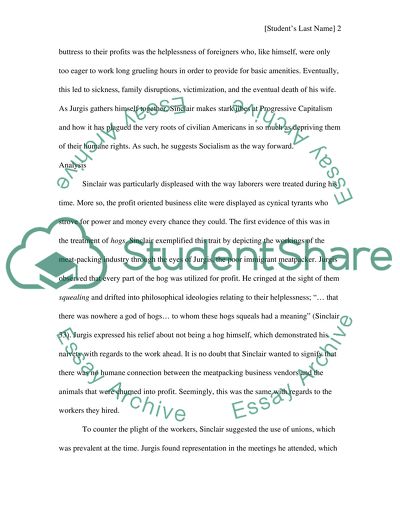Cite this document
(“Upton Sinclairs novel the Jungle as an instrument to describe the rise Essay”, n.d.)
Retrieved from https://studentshare.org/literature/1409728-upton-sinclairs-novel-the-jungle-as-an-instrument-to-describe-the-rise-of-progressivism-in-america
Retrieved from https://studentshare.org/literature/1409728-upton-sinclairs-novel-the-jungle-as-an-instrument-to-describe-the-rise-of-progressivism-in-america
(Upton Sinclairs Novel the Jungle As an Instrument to Describe the Rise Essay)
https://studentshare.org/literature/1409728-upton-sinclairs-novel-the-jungle-as-an-instrument-to-describe-the-rise-of-progressivism-in-america.
https://studentshare.org/literature/1409728-upton-sinclairs-novel-the-jungle-as-an-instrument-to-describe-the-rise-of-progressivism-in-america.
“Upton Sinclairs Novel the Jungle As an Instrument to Describe the Rise Essay”, n.d. https://studentshare.org/literature/1409728-upton-sinclairs-novel-the-jungle-as-an-instrument-to-describe-the-rise-of-progressivism-in-america.


